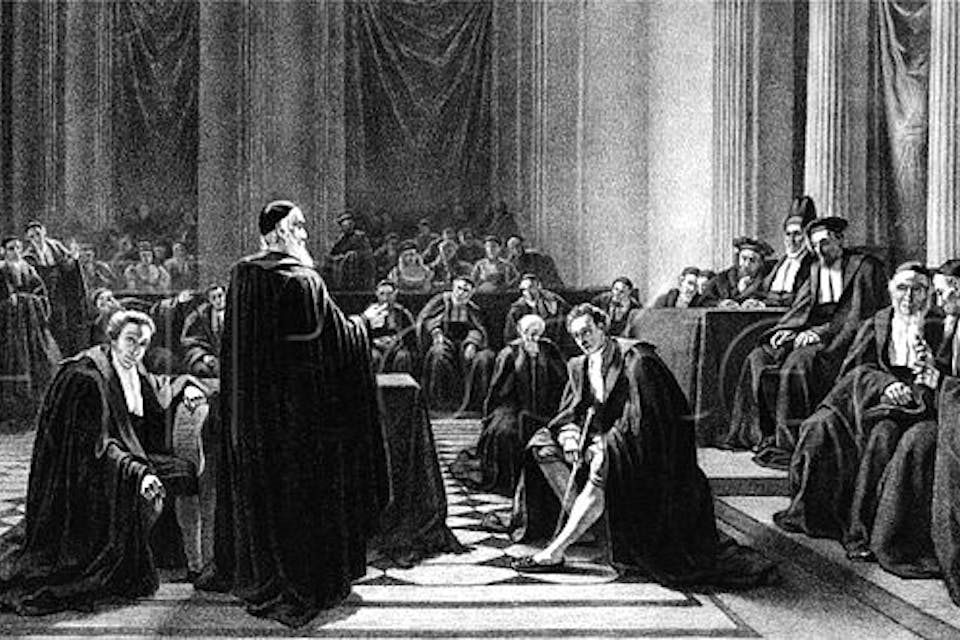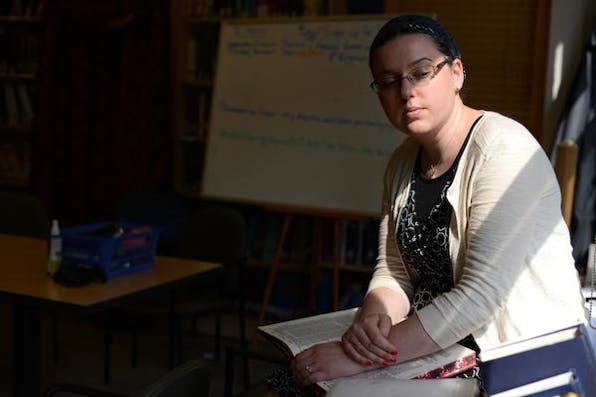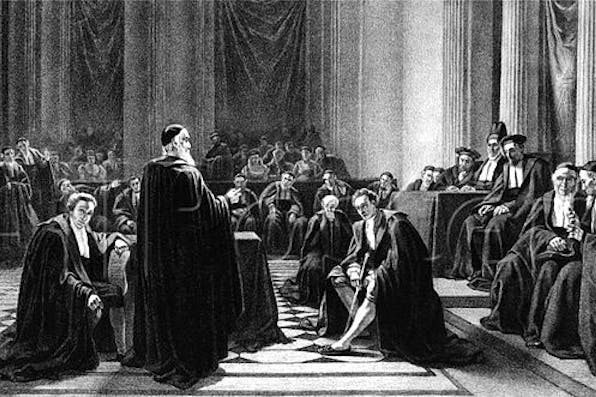
December 26, 2013
Can Jewish Law Get Its Creativity Back?
A reply to my respondents.
I thank Gil Student, Chaim Saiman, and David Golinkin for their contributions to this discussion about the history and process of Jewish law. Their deep knowledge of Jewish sources adds important context and penetrating conceptual models with which to apprehend not only the state of halakhic discourse but also the crucial issues of identity confronting today’s observant Jews. In addressing those two themes, I’d like to respond first to Chaim Saiman, next to David Golinkin, and finally to Gil Student.
When and where (and how) does Jewish jurisprudence begin? In my essay I located the source in the Bible, but Chaim Saiman insists that it begins only with the writings of the rabbinic period, specifically the Mishnah and the Talmud. In asserting this, he participates, no doubt unwittingly, in a modern myth that severs Judaism from its biblical origins. Tracing back to 18th- and 19th-century German Protestantism, the myth holds that before the Babylonian exile of 586 B.C.E., the then-sovereign “Israelites” adhered to a “biblical religion” distinguished by the enlightened ideals of the prophets; a half-century later, the weakened returnees from Babylon, now transmogrified into “Jews,” would replace that vibrant religion with a retrograde emphasis on the priestly cult and on law—the twin banes of German Protestantism—thus giving birth to “Judaism.”
In our own times, the same myth has been propagated, in a less ominous but no less influential way, by modern academics seeking to establish defined chronologies within their areas of specialization. In the service of delivering a clean narrative, they pay excessive obeisance to the requirements of periodization: “in period A things were this way, in period B they became that way.” As a consequence, lines of continuity and fluidity go underappreciated.



